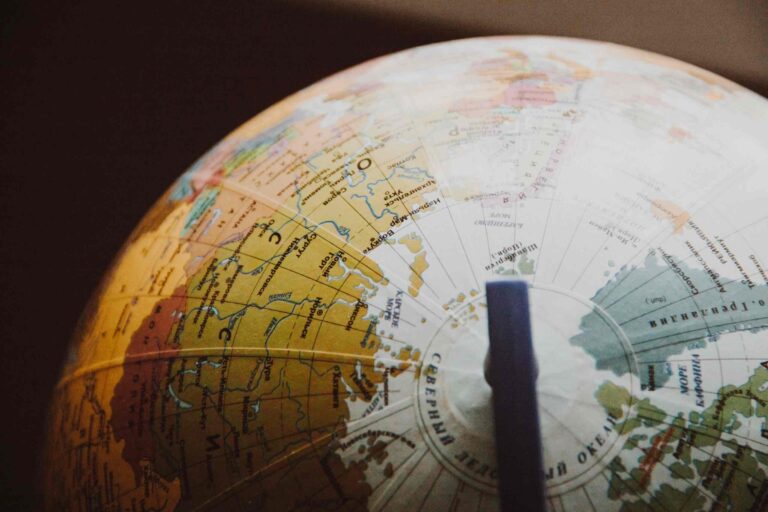Freedom is a concept that is often central to discussions of political systems, human rights, and social justice. At its basic level, freedom is the absence of coercion or external constraints on an individual’s choices and actions. It is the ability to live one’s life in a way that is self-determined and autonomous, free from interference or oppression.
Freedom is important because it allows individuals to pursue their goals and desires and lead fulfilling lives. It also enables people to participate fully in society by allowing them to express their opinions, associate with others, and engage in activities that contribute to the common good.
The concept of freedom is not always straightforward, however. It can be difficult to define precisely, and there may be different interpretations of what it means in different contexts. Additionally, there may be trade-offs between different types of freedom or between freedom and other values such as security or equality.
Despite these complexities, freedom remains a fundamental and universal value essential to human flourishing. It is therefore important to measure and track the extent to which freedom is upheld in different countries around the world and to work towards increasing freedom where it is lacking.
Table of Contents
How the Freedom Index is calculated
The Freedom Index is a tool used to measure and compare the level of freedom in countries worldwide. It is calculated using a range of criteria that reflect different aspects of freedom, including political rights, civil liberties, and individual freedoms.
To determine a country’s freedom score, data is collected and analyzed on some indicators that relate to the following categories:
- political rights: this includes measures such as the fairness of elections, the level of political pluralism and participation, and the functioning of the government;
- civil liberties: this refers to the protection of individual rights and freedoms, such as freedom of speech, religion, and association;
- individual freedoms: this includes indicators such as personal autonomy, freedom of movement, and the ability to make one’s own choices about education and employment.
The data collected for each indicator is scored and weighted according to its relative importance. The scores for each category are then combined to give an overall freedom score for the country.
There are some limitations to the Freedom Index. It is based on data that may not be comprehensive or up-to-date, and the interpretation of the data and the weighting of the indicators can be subjective.
Additionally, the Index does not account for all aspects of freedom, such as economic or social freedoms. Despite these limitations, the Freedom Index remains useful for comparing freedom across countries and tracking trends over time.
Top 10 Countries on the Freedom Index 2023
The following are the top 10 countries on the Freedom Index 2023, as determined by their overall freedom scores:
- Switzerland — 9.11
- New Zealand — 9.01
- Denmark — 8.98
- Estonia — 8.91
- Ireland — 8.90
- Canada — 8.85
- Finland — 8.85
- Australia — 8.84
- Sweden — 8.83
- Luxembourg — 8.80
Bottom 10 Countries on the Freedom Index 2023
The following are the bottom 10 countries on the Freedom Index 2023, as determined by their overall freedom scores:
- Syria — 3.66
- Venezuela — 4.03
- Yemen — 4.08
- Sudan — 4.48
- Egypt — 4.49
- Iran — 4.53
- Somalia — 4.93
- Burundi — 5.02
- Iraq — 5.02
- Libya — 5.05
Overall, these bottom 10 countries on the Freedom Index are notable for their lack of political rights, civil liberties, and individual freedoms. They are authoritarian regimes that do not respect the rights of their citizens, and individuals have little or no ability to make their own choices or express themselves freely. This regards in particular minorities and women rights.
We need to continue monitoring and measuring freedom
The Freedom Index is a valuable tool for measuring and comparing the level of freedom in countries worldwide. In the 2023 edition of the Index, Switzerland emerged as the top-ranked country, with a high score reflecting its strong commitment to political rights, civil liberties, and individual freedoms. Libya ranked last at the other end of the spectrum, with a low score indicating a complete lack of political rights, civil liberties, and individual freedoms.
It is important to track and compare freedom across countries, as it allows us to identify areas where progress is being made and where more work is needed. Freedom is a fundamental and universal value that is essential to human flourishing, and it is important to work toward increasing freedom where it is lacking.
Looking ahead, it is difficult to predict how the Freedom Index will change in the future. Different countries’ political, social, and economic developments can impact freedom levels. It is important to continue monitoring and measuring freedom to understand these trends better and work towards increasing freedom worldwide.
Read also: Afghanistan, the Taliban government ban women from university












